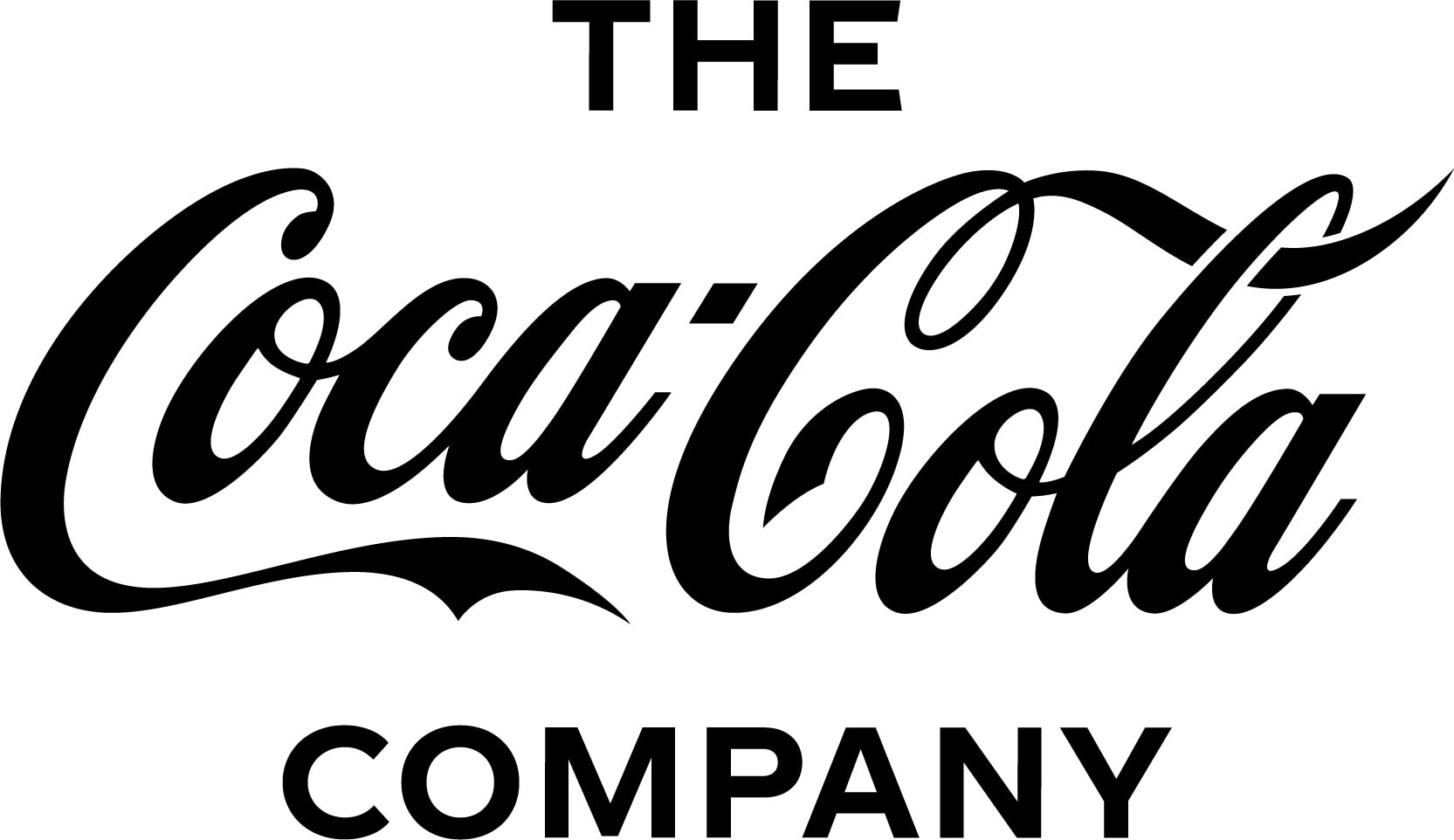
Global Lighthouse Network: Transforming advanced manufacturing
132 factories are now engaged in the network, implementing advanced manufacturing technologies and boosting productivity, sustainability and resilient supply chains.
The Coca-Cola Company (NYSE: KO) is a beverage company with products sold in 200 countries and territories. The company’s purpose is to refresh the world and make a difference. It sells multiple billion-dollar brands across several beverage categories worldwide. Its portfolio of sparkling soft drink brands includes Coca-Cola, Sprite and Fanta. Its hydration, sports, coffee and tea brands include Dasani, SmartWater, vitaminwater, Topo Chico, BODYARMOR, Powerade, Costa, Georgia, Gold Peak, Honest and Ayataka. Its nutrition, juice, dairy and plant-based beverage brands include Minute Maid, Simply, innocent, Del Valle, fairlife and AdeS. Together with bottling partners, the company employs 700,000 people.
132 factories are now engaged in the network, implementing advanced manufacturing technologies and boosting productivity, sustainability and resilient supply chains.
By promoting reusable packaging, the World Economic Forum is helping reduce plastic waste.
The Forum is working to eradicate all strands of systemic racism in the workplace against professionals with underrepresented racial and ethnic identities.
Coca-Cola worked with The Global Fund on Project Last Mile to improve delivery of medicines in Africa – a model which could be replicated for social good.
Companies are putting their expertise and resources together to keep packaging out of places where it doesn’t belong, says James Quincey, CEO of the Coca-Cola company.
Every hour, around 600 metric tons of plastic waste enter the oceans. The CEO of Coca-Cola writes on his company's plans to recycle every bottle they produce.
The Centre for Advanced Manufacturing and Supply Chains is enabling more resilient, sustainable and inclusive manufacturing ecosystems and supply chains.
The Centre for the New Economy and Society is providing a platform for leaders to shape inclusive and equitable economies and societies that create opportunity for all.








